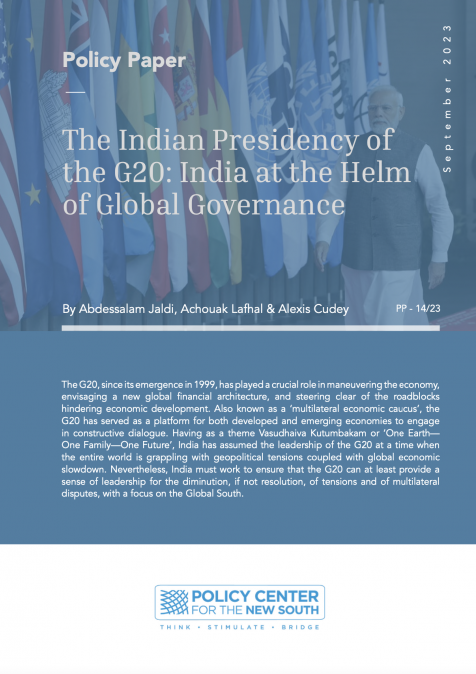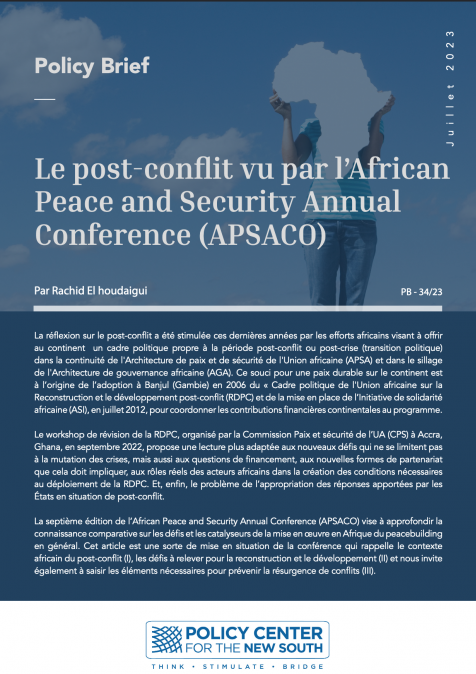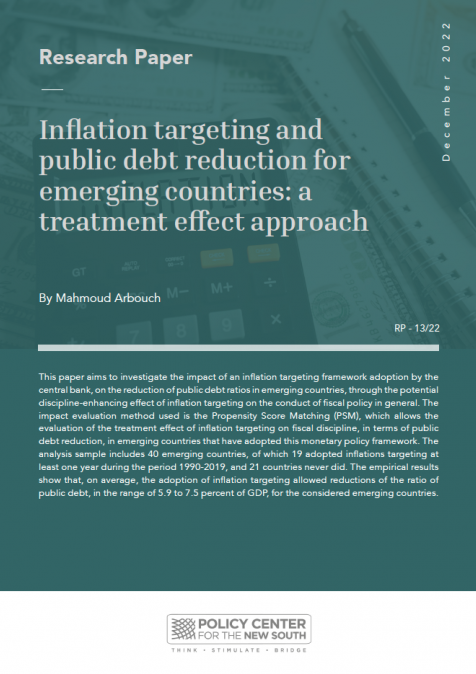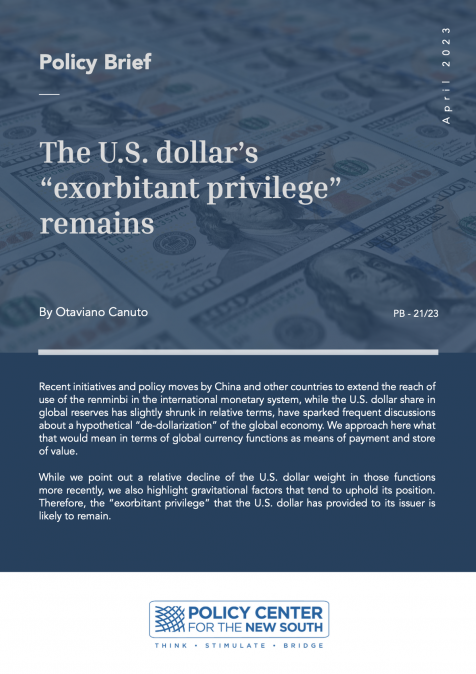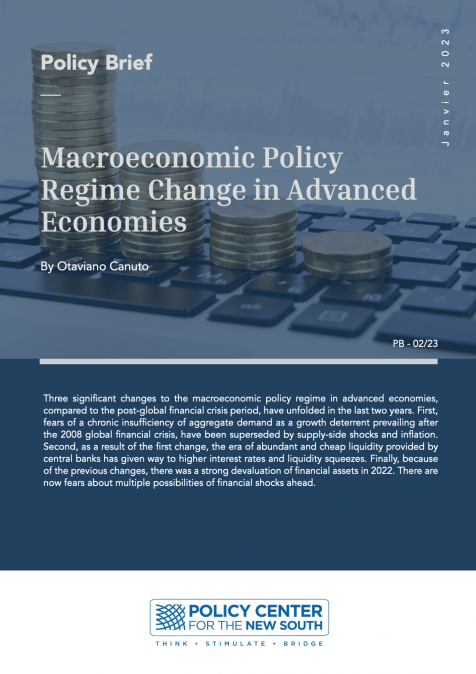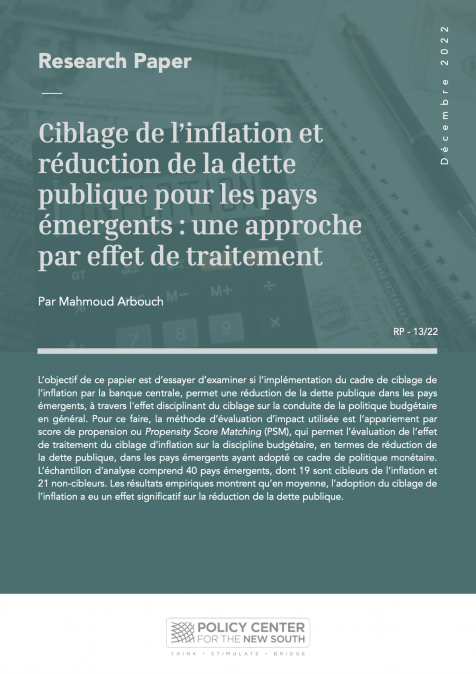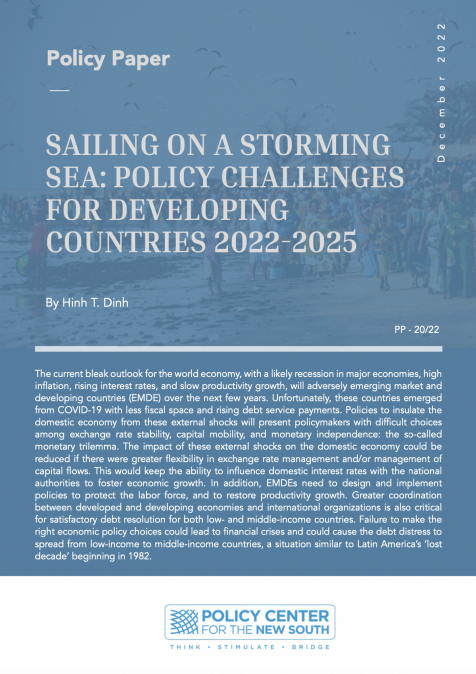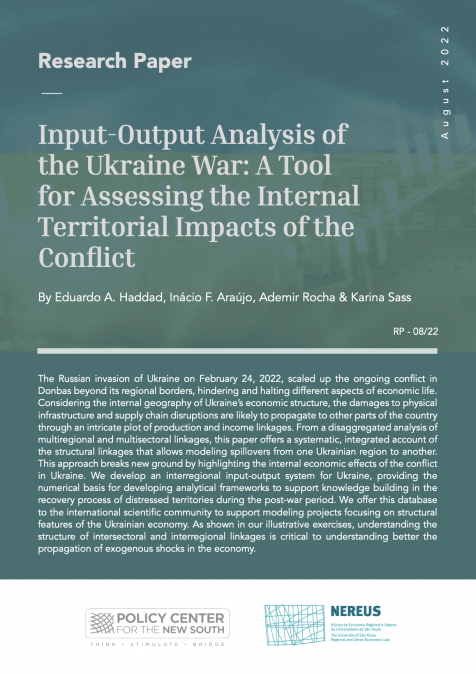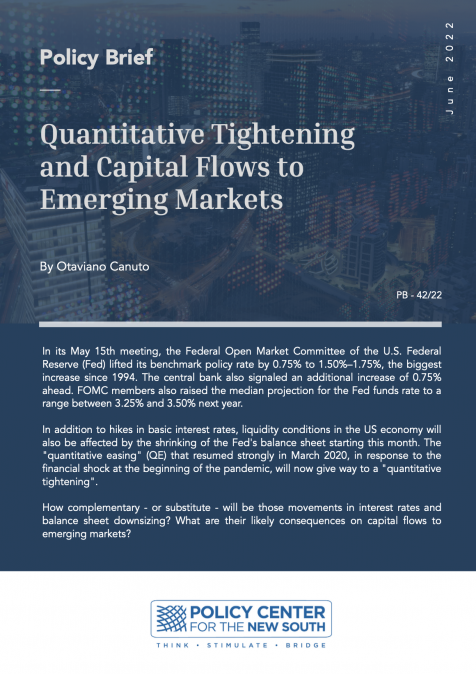
October 26, 2023
The Brazilian economy is stuck in a so-called middle-income trap—growth that stalled long before Brazil caught up with the living standards of the highly industrialized countries. After exhibiting a stellar performance in the decades before the 1980s, the economy has since been unable to sustain growth for long periods.
The predicament can be summarized using a medical analogy: Brazil has been suffering from both productivity anemia and public sector bloat. On the one hand, it hasn ...


